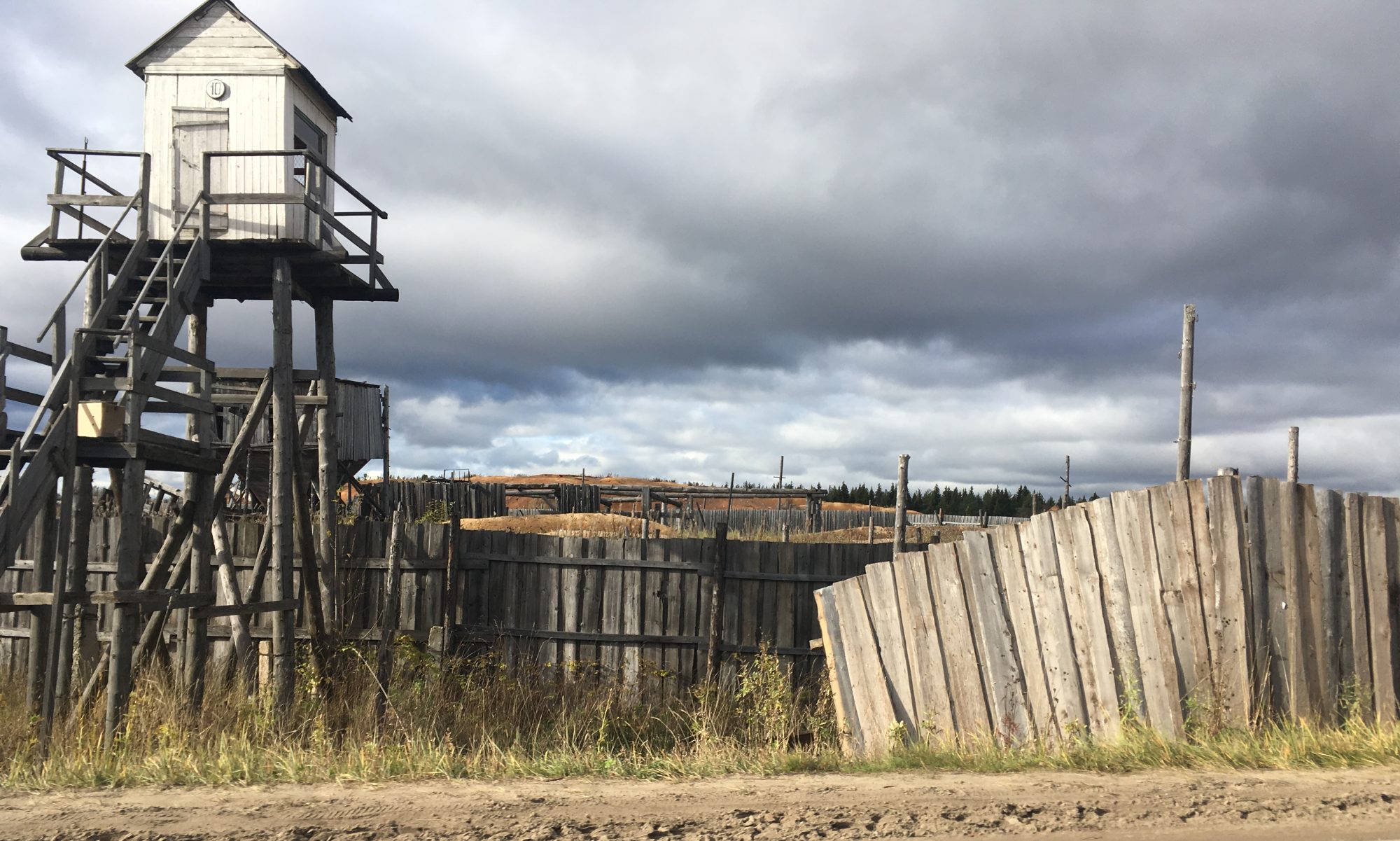January 19-23rd
Professor Pallot visited Georgia in order to negotiate access for the project to Georgian penitentiaries and for permission to interview prisoners from a variety of culture, ethnic and linguistic groups. She had very productive discussions with deputy Justice Minster, Mr Gocha Lordkipanidze and other members of the Ministry of Justice concerned with international law and Georgia’s membership of the Council of Europe and with Mr Nika Tskhvarashvili, Deputy Director General of the Special Penitentiary Service and with other members of the SPS sub-departments. During the course of three days of intensive discussion Professor Pallot learned about the current reform of the penitentiary system and especially the effort being directed towards the resocialisation-rehabilitation and vocational training of offenders. She was able in her spare time to reacquaint herself with Tbilisi which she last visited in 1991 as a participant of the Anglo-Georgian Geography seminar in 1993.
